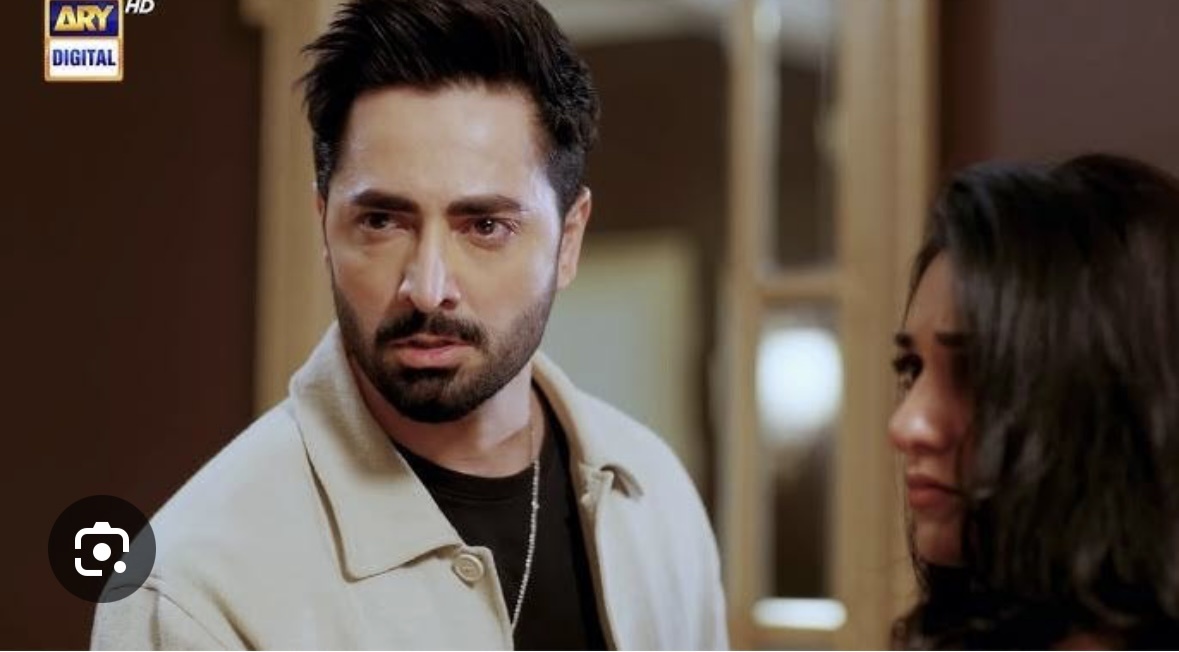
He’s angry. He’s obsessive. He’s controlling.
And yet, Sher Zaman, the brooding tribal anti-hero of ARY’s hit drama Sher, has taken over Pakistani screens and hearts alike.
At first glance, Sher, played by Danish Taimoor, shouldn’t be lovable. He’s a textbook example of toxic masculinity: raised in a violent patriarchal setup, quick to threaten, and emotionally repressed. And yet, week after week, fans are not only watching, they’re rooting for him.
What explains this contradiction?
Let’s dissect the cultural, emotional, and cinematic pull behind Sher, the man and the show.
For decades, Pakistani dramas thrived on morally clean-cut protagonists. But audiences have evolved, viewers today are intrigued by complex characters who reflect human contradictions.
Sher is not clean or noble, but he’s consistent. His backstory of trauma, family betrayal, and inherited violence gives just enough justification for his actions. We aren’t expected to excuse but to understand him. And in the realm of storytelling, that’s often enough.
Let’s be honest: the “nice guy” hero trope often falls flat. Sher is different, he’s intense, emotionally raw, and deeply committed, in his own turbulent way. These traits, when wrapped in vulnerability, can seem irresistible, especially in fictional worlds.
However is that enough to support him?
“He’s broken, not evil. You want to fix him,” said one Twitter fan after episode 7 aired.
But here’s the real question: Why is it always the woman’s job to fix him?

Dr. Fajar, like many female leads before her, becomes the emotional dumping ground for Sher’s trauma. She’s not just a love interest,she’s framed as his savior. This dynamic, while gripping on screen, feeds into a larger cultural myth: that a good woman can heal a dangerous man.
It’s romantic in theory.
It’s exhausting in real life.
The idea that a man’s emotional growth hinges on a woman’s patience is both dated and damaging. It implies that violence, obsession, and control are forgivable, so long as they’re softened by a woman’s love.
So yes, Sher is compelling.
Yes, we’re hooked.
But we should also ask: Is he the kind of man women should root for,or rescue themselves from?








